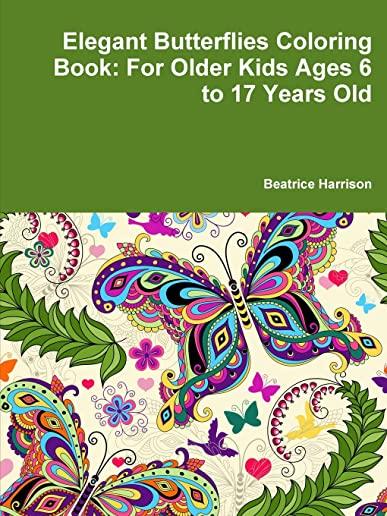
The Upside-Down Tree, by Alden Reimonenq, is an insightful, powerful look at the worst of racial hatred and violence during the early Jim Crow years, a time rarely addressed by historical-fiction authors. The novel stems from the horrific Colfax Massacre in Louisiana on April 13, 1873, but is primarily set between 1900-1908 in rural Louisiana. Surprising at every turn, the plot twists through lynchings, cross-burnings, love between the races, gay love, religious intolerance, poverty, illness, and death. Against the backdrop of ever-threatening danger and intimidation from regulators and white authorities, the spirited characters live their day-to-day lives engaging in joyous family scenes, transcending the severity of the ominous problems they face. Catholic and African religious beliefs blend and clash as interracial relationships develop, and a secret gay relationship moves tentatively yet feels like it might have a chance to grow, against all odds. Full of African spirits, mystical images, magical trees, and dynamic characters, The Upside-Down Tree is a novel of enduring hope. Despite a storyline that can at times seem dark and disturbing, it remains positive, reaffirming the overarching goodness of most people. The love, caring, forgiveness, and loyalty intrinsic in richly drawn characters shine through in beautifully crafted lyrical passages. The novel's enduring message is that love always wins over hate, even in the face of seemingly insurmountable adversity. This message is very timely and craved by many people at this critical moment in American history. After reading the novel, a feeling of hope abides -- a rejuvenating feeling that an unfearing look at the past serves a purpose, not to bind us to it, but to better understand the present and continue to strive towards a better future. The Upside-Down Tree is not only a must-read for readers of historical fiction and southern and resistance literature -- especially Louisiana Créole descendants and African Americans -- but for all readers who yearn for a message of hope and strength for the continued healing of racial discrimination in America.
member goods
listens & views

ORGAN MUSIC FROM ISRAEL
by RABIN,YUHAL / BLOCH / SALOMON / DUBNOV / ALEXANDER
COMPACT DISCout of stock
$16.75






